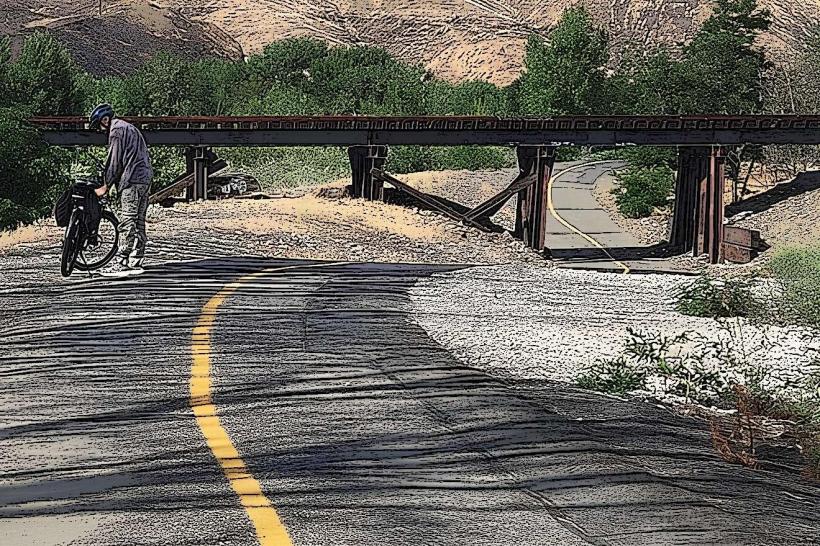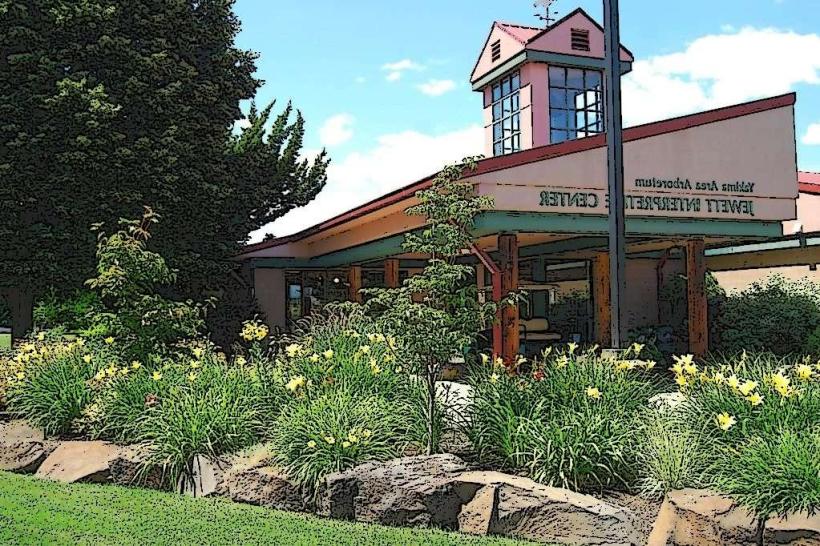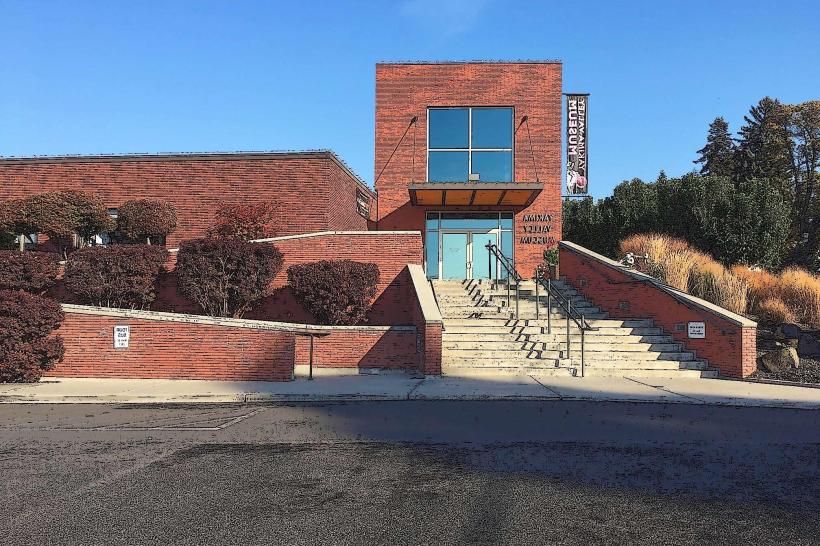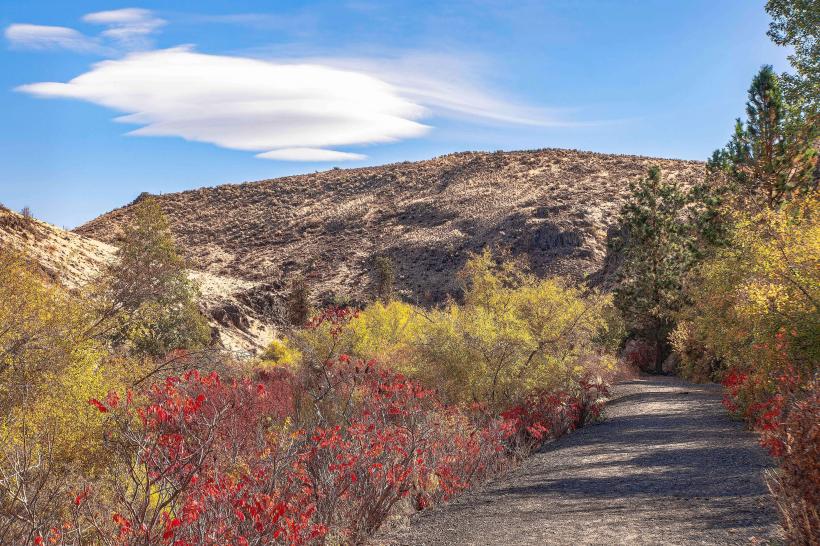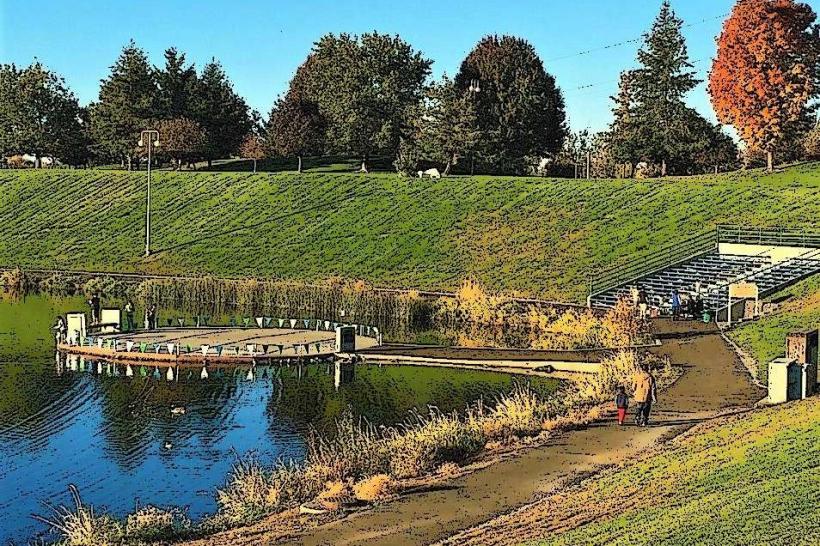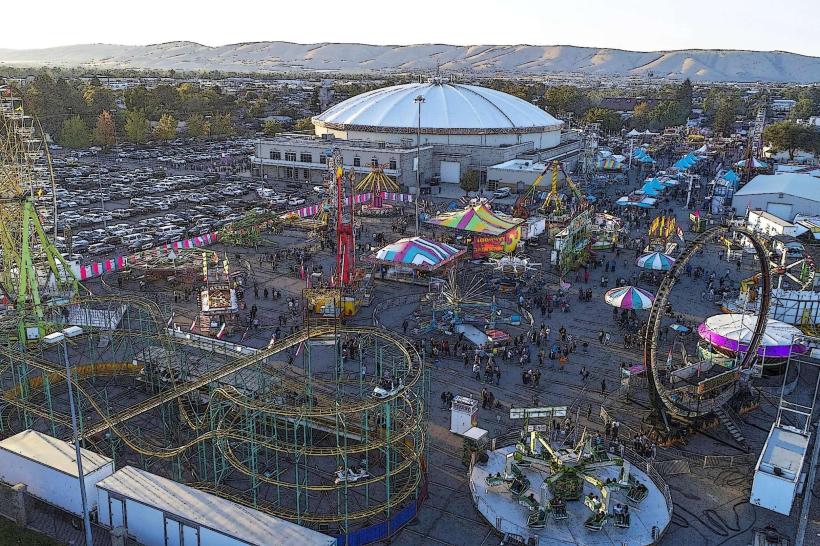Information
Landmark: Yakima Sportsman State ParkCity: Yakima
Country: USA Washington
Continent: North America
Yakima Sportsman State Park, Yakima, USA Washington, North America
Yakima Sportsman State Park is a well-established and highly valued public recreation area located in Yakima, Washington, along the Yakima River. Spanning approximately 266 acres, this park offers a diverse range of outdoor activities, natural habitats, and facilities that cater to families, anglers, campers, and nature enthusiasts. It serves both as a place for recreation and as a refuge for local wildlife within the Yakima Valley.
Historical Background and Management
Originally developed by the Yakima Valley Sportsman’s Association, the park was dedicated in 1945 with the primary goal of promoting game management, wildlife conservation, and outdoor sportsmanship. That same year, the property was deeded to the state of Washington, and it has since been managed by the Washington State Parks and Recreation Commission. Its creation marked a commitment to preserving natural areas while providing public access to recreational resources in a rapidly developing region.
Location and Access
The park is located at 904 University Parkway, Yakima, WA 98901, situated just north of the Yakima River. Its proximity to Yakima city and easy access via Interstate 82 (Exit 34) make it highly accessible to both local residents and visitors traveling through the region. The park lies in a natural river floodplain area, benefiting from the irrigation of the Yakima River, which sustains its lush vegetation and wetlands.
Natural Environment and Wildlife
Yakima Sportsman State Park offers a unique oasis of green within a largely arid environment, sustained by the river’s floodplain ecosystem. The park’s landscape includes irrigated lawns, groves of deciduous trees, wetlands, ponds, and riparian zones. These habitats provide critical shelter and food sources for a rich variety of wildlife.
Over 130 bird species have been recorded here, making the park a prime birdwatching destination. Commonly seen birds include wood ducks, red-winged blackbirds, great blue herons, hawks, and various waterfowl.
The wetlands and ponds create a vibrant habitat for amphibians and aquatic insects.
The park’s natural features support ecological balance, contributing to the health of the Yakima River corridor.
Recreational Opportunities
Yakima Sportsman State Park is designed to support a wide range of outdoor recreational activities:
Fishing: The park is particularly noted for its well-managed fishing opportunities. It includes a 3-acre, stocked juvenile fishing pond that is open primarily to anglers under the age of 15, offering a safe, family-friendly environment to learn and enjoy fishing. The Yakima River itself also provides seasonal fishing options, with species such as trout and bass available during regulated seasons.
Bird Watching: Thanks to its wetlands and diverse habitat types, the park is a hotspot for bird enthusiasts, attracting migratory and resident species year-round.
Hiking and Walking: The park features about 2 miles of maintained trails. One notable trail is the Juan A. Alvarez Living Classroom trail, which is wheelchair accessible and guides visitors through a wetland ecosystem, making nature education inclusive.
Recreational Sports: Facilities such as horseshoe pits, volleyball courts, and a children’s playground enhance family-friendly outdoor activities.
Picnicking: Multiple picnic shelters and tables are spread throughout the park, some reservable for group gatherings or special events.
Metal Detecting: Certain areas within the park are designated for metal detecting, accommodating hobbyists while preserving the park’s integrity.
Camping and Visitor Amenities
The park offers a variety of camping accommodations to suit different preferences and group sizes:
Tent Camping: There are approximately 30 tent-only sites nestled in shaded, well-maintained areas.
RV Sites: About 37 full hookup sites are available for recreational vehicles, capable of accommodating rigs up to 60 feet long. These sites provide water, electric, and sewer connections.
Group Camping: A dedicated tent-only group camping area accommodates up to 100 people. It includes amenities such as fire pits, restroom facilities, potable water, and parking.
Facilities: The park is equipped with accessible restrooms and showers, drinking water stations, fire pits, trash disposal, and picnic shelters. Parking lots and campsites are accessible for visitors with disabilities.
Trailer Dump Station: A dump station is available for RV waste disposal, with a nominal fee charged per use.
Educational and Interpretive Features
Yakima Sportsman State Park incorporates educational elements aimed at enhancing visitor knowledge and appreciation of the local ecosystem:
The Juan A. Alvarez Living Classroom trail serves as an interpretive nature path, highlighting native plant species, wetland ecology, and conservation efforts.
Informational signage throughout the park educates visitors on wildlife habitat preservation, fishing regulations, and responsible outdoor recreation.
Operational Details and Visitor Information
The park operates seasonally, generally open from mid-April through September or early October. It closes during the winter months due to weather and resource management.
Visitors must obtain a Discover Pass for day-use vehicle access, which is available as an annual or one-day pass.
Camping fees vary by site type but generally include nightly charges for overnight stays.
The park enforces a Level 1 burn ban during dry conditions, permitting fires only in designated fire pits and grills, with propane and gas grills allowed to ensure safety.
Ongoing ecological restoration projects, particularly along the Levy trail, aim to improve habitat quality and visitor experience, though they may cause temporary noise or restricted access in certain areas.
Overall Significance
Yakima Sportsman State Park stands as a vital community asset in Central Washington, combining natural beauty, recreational opportunities, and conservation education. Its role in preserving a green corridor along the Yakima River floodplain supports biodiversity and environmental health in the region.
The park’s thoughtful integration of fishing, camping, sports, and nature observation facilities caters to a wide spectrum of outdoor enthusiasts, from families with children to avid anglers and bird watchers. Its accessibility features and educational programming enhance its appeal as a welcoming destination.
By balancing recreational use with habitat preservation, Yakima Sportsman State Park exemplifies effective public land stewardship, offering a lasting resource for outdoor enjoyment, environmental learning, and community connection.

